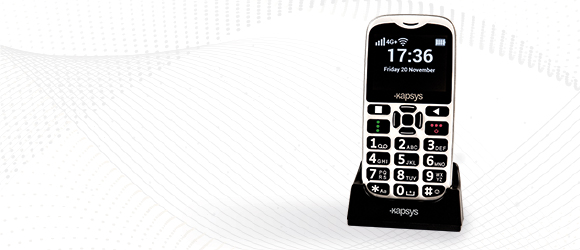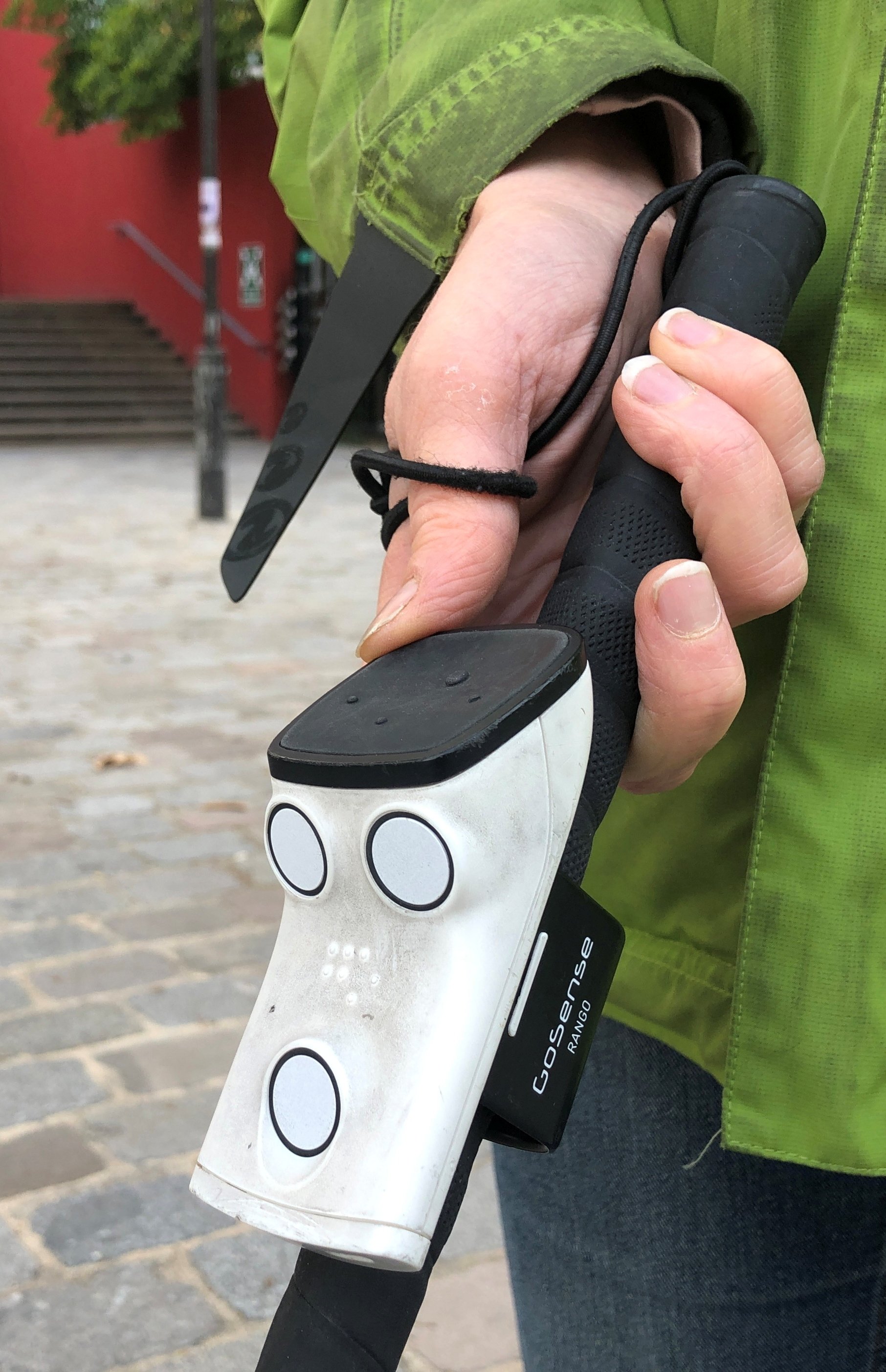Empowering Independence With Assistive Modern Technology for the Blind
The combination of assistive innovation right into the lives of people with aesthetic problems stands for a considerable advancement in advertising self-reliance and self-sufficiency. From innovative screen viewers to innovative wise canes, these tools not just boost everyday navigating and interaction but also encourage customers to involve meaningfully in numerous facets of life. As we explore the myriad benefits and real-world applications of these modern technologies, it becomes vital to analyze the underlying aspects that add to their performance and the capacity for future advancements in this vital field.
Review of Assistive Modern Technology

The advancement of assistive modern technology is grounded in concepts of inclusivity and empowerment. Advancements in software application, equipment, and sensory enhancements provide users with choices tailored to their certain needs. From display readers that convert message to speech, to tactile devices that share info through touch, these devices transform the method people engage with their environments.
In enhancement to functional applications, assistive technology promotes better social addition and participation in various industries, including education and employment (Assistive technology for the blind). As research and growth continue to evolve, the possibility for assistive modern technology to better boost the lives of aesthetically impaired people remains encouraging, leading the way for a more fair society where everybody can prosper
Sorts Of Assistive Instruments
A variety of assistive tools have actually emerged to support individuals with visual disabilities, each developed to meet details demands and boost day-to-day performance. These devices range from low-tech remedies to state-of-the-art advancements, giving diverse options for users.
Low-tech tools include magnifiers and large-print materials that assist in analysis and writing. Braille tools, such as Braille styluses and slates, allow tactile analysis and communication. Positioning and movement aids, like white walking sticks, assist individuals browse their atmosphere securely.
On the higher end of the range, digital zoom systems and screen readers offer considerable assistance. Digital magnifiers enable individuals to enlarge text and photos on screens, while display readers convert electronic material into synthesized speech, promoting accessibility to details on computers and smart devices.
Smartphone applications likewise play an important role, offering features like text recognition and navigating assistance. Wearable innovation, such as smart glasses equipped with augmented reality, is becoming a promising tool to boost situational awareness.
Advantages of Assistive Innovation
The combination of assistive technology dramatically boosts the high quality of life for people with aesthetic disabilities. These innovations empower individuals by promoting independence, allowing them to navigate their environments a lot more properly and execute everyday jobs with greater ease. Display readers and magnification software application allow individuals to access electronic details, promoting specialist and instructional chances that may have formerly been out of reach.
Moreover, assistive devices such as smart canes and GPS applications supply real-time navigation aid, improving flexibility and security. This boosted autonomy not only improves self-confidence however likewise motivates social involvement, enabling individuals to take part even more fully in their neighborhoods.
Assistive technology also helps with interaction, assisting users get in touch with others through voice acknowledgment and text-to-speech applications. This ability is important contact lens test for preserving relationships and accessing essential info.
Furthermore, the personalization options readily available with several assistive innovations make certain that users can tailor gadgets to their specific needs, additionally boosting functionality and efficiency. Generally, the advantages of assistive innovation for individuals with visual disabilities are extensive, promoting an extra comprehensive culture where everyone can seek their aspirations and goals.
Study and Success Stories
Highlighting the transformative influence of assistive modern technology, numerous study useful reference show just how individuals with visual disabilities have effectively integrated these tools right into their every day lives. One engaging example entails a college pupil that made use of display reading software to browse online resources and academic materials efficiently. This innovation not only facilitated her education and learning yet also enhanced her self-confidence in taking part in conversations and team tasks.
An additional situation research includes an expert who utilizes a mobile phone application designed for navigation and object recognition. By utilizing this app, he has actually gained back autonomy in both his personal and workplace, enabling him to commute individually and involve with colleagues better.
Furthermore, a retiree shared her experience with braille e-readers, which allowed her to access a huge array of literature and stay linked with her neighborhood via book clubs.
These success tales emphasize the crucial duty of assistive modern technology in fostering independence, boosting quality of life, and promoting social combination for individuals with aesthetic impairments (Braille displays and notetakers). By welcoming these innovative devices, customers can conquer obstacles and seize opportunities that add to their expert and individual satisfaction

Future Patterns in Assistive Innovation
Advancement in assistive technology is positioned to redefine the landscape of assistance for people with aesthetic disabilities. Arising trends stress the combination of synthetic intelligence (AI) and maker understanding, which improve the functionality of devices that assist with navigating and details availability. AI-driven applications are currently qualified of interpreting visual information in real-time, allowing users to involve with their atmosphere much more separately.
Furthermore, the growth of wearable modern technology is advancing quickly. Smart glasses equipped with increased truth (AR) can offer audio summaries of surroundings, changing just how individuals interact with public areas. These devices not just promote autonomy yet additionally foster social addition.
In Addition, the Internet of Things (IoT) is making homes smarter, enabling seamless connectivity between assistive devices and day-to-day appliances. This connection empowers users by allowing automatic feedbacks and voice-activated controls tailored to specific needs.
Final Thought
To conclude, assistive innovation plays a pivotal duty in equipping individuals with visual disabilities by enhancing their independence and involvement with their surroundings. The diverse variety of applications and gadgets available not only helps with navigation and communication yet also advertises social assimilation and possibilities for individual and professional development. As developments continue in this field, the potential for enhancing the lifestyle for those with visual impairments will broaden, fostering greater autonomy and empowerment.
